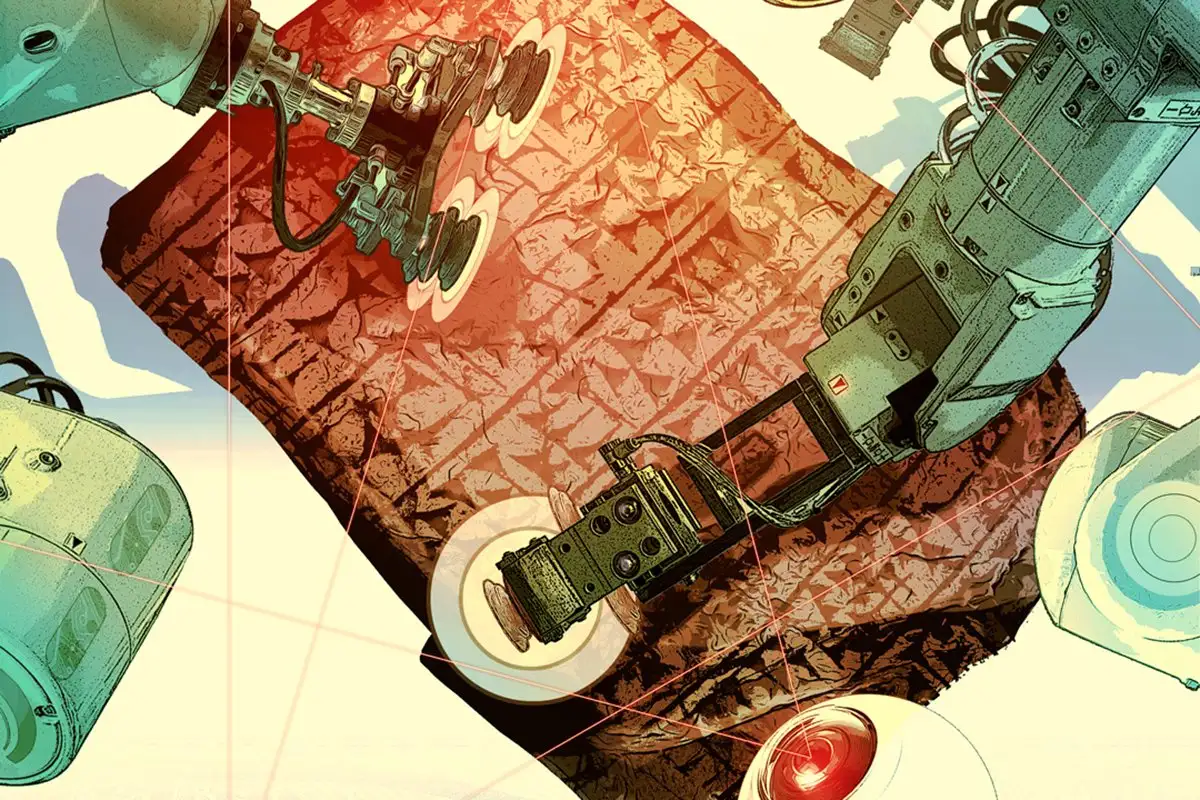allureaestheticsazflagstaff.com – The study of history is often likened to piecing together a vast puzzle, with each fragment providing a glimpse into the lives of our ancestors. Among these fragments are the lost chronicles—hidden historical records that have been overlooked, misplaced, or deliberately concealed. These documents, artifacts, and narratives offer invaluable insights into the past, shedding light on events, cultures, and individuals that have been obscured by time.
The Significance of Lost Chronicles
Lost chronicles are significant because they challenge and expand our understanding of history. They provide alternative perspectives, correct misconceptions, and reveal the complexities of past societies. By uncovering these hidden records, historians can offer a more comprehensive and nuanced view of historical events, enriching our knowledge and deepening our appreciation of the past.
The Methods of Discovery
The process of uncovering lost chronicles is both an art and a science. It involves meticulous research, critical analysis, and a healthy dose of detective work. Historians and researchers must be willing to explore unconventional sources, such as private collections, archives, and even the black market, to locate these elusive records. Advances in technology, particularly in the fields of digital archiving and data analysis, have also played a crucial role in the discovery and preservation of lost chronicles.
The Role of Technology in Uncovering Hidden Records
Technology has revolutionized the way historians uncover and interpret lost chronicles. Digital archives and databases have made it easier to access and analyze historical documents, while imaging technologies, such as X-rays and infrared scans, have enabled researchers to read texts that were previously illegible or hidden. These technological advancements have not only accelerated the pace of discovery but have also democratized access to historical records, allowing a wider audience to engage with and learn from the past.
The Impact of Lost Chronicles on Historical Narratives
The discovery of lost chronicles can have a profound impact on historical narratives, often challenging long-held beliefs and introducing new perspectives. For example, the discovery of the Dead Sea Scrolls in the mid-20th century provided new insights into the religious and political landscape of ancient Judea, while the unearthing of the Rosetta Stone in the early 19th century enabled the decipherment of Egyptian hieroglyphs, unlocking a wealth of historical information. These and other lost chronicles have the power to rewrite history, offering fresh interpretations and a deeper understanding of the past.
Preserving the Legacy of Lost Chronicles
Preserving the legacy of lost chronicles is crucial for future generations. This involves not only the physical preservation of documents and artifacts but also the digital preservation of historical records. By creating accessible and searchable databases, historians can ensure that these invaluable resources remain available for study and inspiration. Additionally, educating the public about the importance of lost chronicles can foster a greater appreciation for the hidden stories of the past, encouraging a more inclusive and informed understanding of history.
Conclusion
The lost chronicles of history are a testament to the enduring fascination with our past. They remind us that there is always more to discover, more stories to uncover, and more insights to gain. By dedicating ourselves to the pursuit of these hidden records, we can continue to enrich our understanding of history, celebrating the diversity and complexity of human experience.
In the end, the lost chronicles of history are not just relics of the past but keys to unlocking a deeper understanding of our shared human journey. By embracing these hidden records, we can ensure that the voices of history are heard, preserved, and honored for generations to come.
